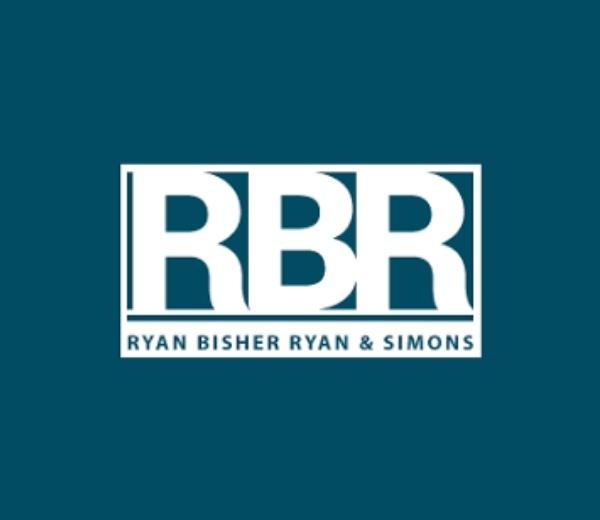
When you struggle with schizophrenia, you may find it challenging to work or handle daily activities. Fortunately, schizophrenia is a disability as far as the Social Security Administration (SSA) is concerned – though it has strict requirements to qualify. Establishing disability due to schizophrenia may entitle you to benefits that help you afford daily expenses and healthcare.
What Is Schizophrenia?
Schizophrenia is a severe mental health condition that affects people’s thinking, emotions, and behavior. The condition can involve a mix of hallucinations, delusions, or disorganized thinking and behavior. Hallucinations can include seeing things or hearing voices that do not exist, while delusions refer to firm beliefs about untrue things. People with schizophrenia can lose touch with reality, which can make daily living or working challenging.
What Are the SSDI Requirements for Schizophrenia?
The Social Security Administration regards schizophrenia as a potential disability when an applicant has medical documentation of at least one of the following:
- Delusions or hallucinations
- Disorganized thinking (speech)
- Grossly disorganized behavior or catatonia
An applicant also must have an extreme limitation of one area or marked limitation of two areas of mental functioning, including:
- Understanding, remembering, or applying information
- Interacting with other people
- Concentrating or maintaining pace
- Adapting or managing oneself
Alternatively, an applicant can show that they struggle with “serious and persistent” schizophrenia. This requires a medically documented history of the disorder over at least two years with evidence of both:
- Ongoing mental health therapy, medical treatment, psychosocial support, or a highly structured setting that manages the schizophrenia symptoms
- Minimal capacity to adapt to changes in the applicant’s environment or demands not already part of their daily life
How Can You Get Disability for Schizophrenia?
When schizophrenia prevents you from working, you can receive disability benefits from the SSA’s Social Security Disability Insurance (SSDI) or Supplemental Security Income (SSI) programs. SSDI and SSI provide financial payments and other benefits and assistance to people who have disabilities that have lasted or will last at least 12 months and prevent them from working to earn a minimum level of monthly income. Each program has its own specific requirements to qualify for disability benefits.
What If Your Schizophrenia Disability Claim Is Denied?
If the SSA denies your schizophrenia disability benefits claim, you can pursue an appeals process that includes:
- Reconsideration, in which a new claims reviewer considers your benefits application and any additional information and documentation you submit
- A hearing before an administrative law judge
- Review by the SSA Appeals Council
- A civil action in federal court
How Our Oklahoma Disability Attorneys Can Help
If you face challenges with schizophrenia that prevent you from working or doing daily activities, the Oklahoma disability lawyers at Ryan Bisher Ryan & Simons can help you seek Social Security disability benefits by:
- Thoroughly investigating your case to recover medical evidence supporting your disability benefits claim
- Helping you prepare your benefits application and communicating with claims reviewers on your behalf
- Advocating on your behalf if you need to pursue administrative appeals or litigation to challenge the denial of your benefits claim
We have successfully helped many people like you get the disability benefits they need and deserve. One former client says, “They were always so helpful, never too busy to talk [to] me. They were really concerned about ME.”
After a schizophrenia diagnosis, you may have the right to obtain disability benefits from the SSA. Contact Ryan Bisher Ryan & Simons today for a free, no-obligation consultation to learn how we can help you pursue Social Security benefits for schizophrenia.


